Ask ten parents about the best syllabus for CBSE and you’ll get twenty opinions flying across the room. The stakes feel high, don’t they? It’s not about grades alone anymore—kids are juggling coding, badminton, and, somehow, learning French. There’s also a dizzying array of syllabi, books, and boards: NCERT, CBSE, ICSE, state boards, Cambridge, IB. But if your child’s school says “CBSE,” what’s the actual best way forward within those lines?
Making Sense of the CBSE Syllabus Landscape
CBSE stands for Central Board of Secondary Education. Sounds obvious, but it’s anything but straightforward when you start picking out which CBSE syllabus or book set actually fits your child’s future. The official CBSE curriculum is built primarily around NCERT textbooks—those blue-green covers that seem practically untearable and, honestly, weirdly comforting. But is sticking strictly to NCERT books enough? And how does CBSE actually decide what kids need to learn?
Here’s the deal: CBSE doesn’t create its own textbooks. Instead, it prescribes the National Council of Educational Research and Training (NCERT) books as the backbone. However, schools sometimes supplement NCERT books with publishers like Oswaal, Arya, or Evergreen, thinking they’ll help with exam prep or give kids an edge.
And the debate begins. Some top private schools love piling on extra reference books and tons of worksheets. Others stick close to the NCERT syllabus, claiming it’s enough for both board exams and tricky competitive tests like NEET or JEE.
2024 saw a subtle but massive shift. The National Education Policy (NEP) is pushing for flexibility, critical thinking, and real-world learning. Suddenly, rote memorization is out, and applied knowledge is in. The CBSE syllabus is being tweaked to match, but not every school adapts right away. There’s a gap between what’s officially in the textbooks and how schools deliver it.
If you’re feeling like a deer caught in syllabus headlights, you’re not alone. In a 2023 survey that included over 8000 Indian parents, around 61% admitted they didn’t know exactly which CBSE syllabus their kids’ schools were using. If most parents can’t decode it, no wonder it’s confusing.
For most grades—from Class 1 to 12—the core is NCERT. For senior secondary (Classes 11 and 12), optional subjects and elective papers get more complex, especially for science, commerce, and humanities streams. New subjects like Artificial Intelligence and Applied Math have appeared, but they’re not mandatory. Not every school offers every CBSE approved elective; some pick what their teachers can handle best.
What really matters is whether the syllabus creates space for your child’s curiosity and interests. If your child loves geography, does the school’s teaching style give time for map work and hands-on activities, or is it just marathon note writing? It’s a good question to ask the principal, not just other parents on WhatsApp.
NCERT vs. Reference Books—What’s Actually Needed?
If you grew up as I did, your parents probably shoved every possible guidebook, extra practice paper, and ten different sample question sets into your school bag. “Better safe than sorry!” Sound familiar? Times are changing post-2020, but the question lingers: does a child studying under CBSE really need more than NCERT books? Or is adding more books just piling up unnecessary stress?
For core subjects—math, science, social science, English, Hindi—the actual CBSE Board exams are set out of the latest NCERT textbooks. That’s not a rumor; it’s written in black and white every year in circulars to schools. The trick is, though: many teachers pull questions from previous years, especially those classic ‘tricky’ concept checkers, and sometimes schools use reference books to explain them in more depth. Oswaal, Arihant, and similar guides pull together questions from years past, practice papers, and explanations for each type. If a student wants a broader view or extra work on question types, having a reference guide can be helpful, but it’s not essential for scoring well if you’ve mastered the NCERT.
Most CBSE toppers admit—on record and in interviews—that 90% of their effort goes into mastering NCERT first. They underline, highlight, and rewrite examples to really “own” the book. Some even joke that they read NCERT textbooks more than storybooks, just soaking in the ideas. The examiners, after all, are told to stick as closely as possible to these prescribed books. If there’s a truly out-of-syllabus question in a board exam, schools are allowed to flag it and marks can actually get adjusted. Pretty fair, right?
So why do so many teachers and tuition centers recommend additional books? Mostly, it’s to give more practice—especially for subjects like mathematics or formula-heavy sciences. Some schools like Evergreen or S. Chand for depth, as their explanations are detailed. Others suggest Oswaal practice papers for exam strategy, since CBSE’s questions often have patterns that you only spot after grinding through past questions.
For a student aiming for medical or engineering entrance, it gets complex. Boards like NEET or JEE cover more than what’s inside the regular NCERT books; some topics are deeper. Here, reference books like Pradeep’s or Dinesh for science become important in Class 11 and 12. But for pure CBSE exam success, sticking to NCERT is the smart move. If you’re juggling time, focus there first and use extra guides only to sharpen up on difficult chapters.
Here’s a little secret: schools that focus on “finishing the NCERT syllabus cleanly”—by December for board classes—give students more revision time, which translates to deeper confidence. Trying to do ten books at once almost always leads to burnout. Stick to one main track, then branch out for review only if needed.
Don’t ignore revision guides or summary booklets either. NCERT’s own “Exemplar Problems” series can be a goldmine for last-minute brushing up in math and science, since those questions are sometimes exactly what board examiners pick up for setting tests. If you want to make your own notes, keep it simple: one notebook for key formulas or history timelines, but don’t try to rewrite entire chapters. The trick is to learn smart, not just hard.
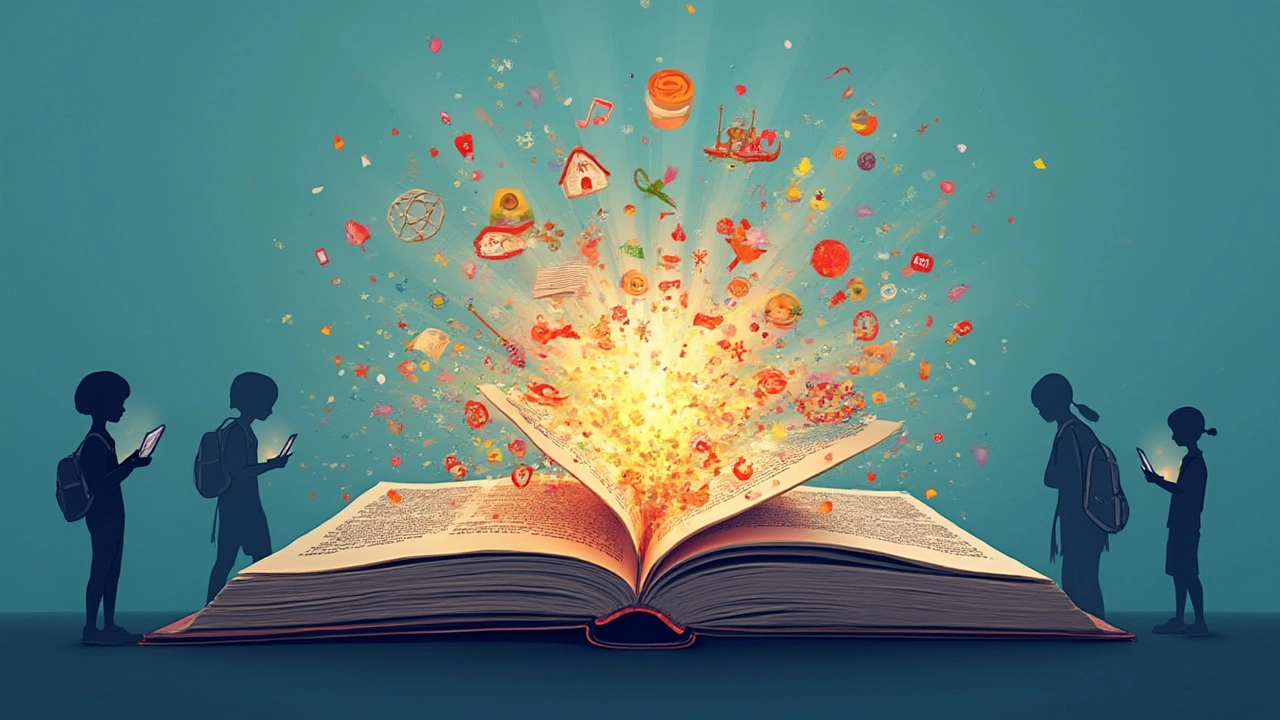
Exam Patterns, Assessments, and What the Syllabus Really Prepares Students For
It’s one thing to study a syllabus; it’s another to ace the exam. A lot of parents are surprised that the superhero student who topped the class all year sometimes slips up on the day of a CBSE board exam. Why? CBSE’s exam pattern is all about applying what you know, not just memorizing facts. Kids need to get comfortable with the way papers are set if they want to convert their knowledge into actual marks.
CBSE started moving away from straight recall questions several years ago. Now, almost 35–40% of exam questions are “application-based”—things like case studies, data analysis, or real-world scenarios. For example, instead of asking the date of a historic event, the exam paper might ask how that event influences today’s society. A math problem might have a twist: you get a real-world example instead of a plain calculation. If you just mug up formulas and dates, you’re out of luck. Practicing how to *think* with the CBSE syllabus is way more important than memory alone.
This is why schools emphasize sample papers, pre-board exams, and mock tests under full exam conditions. These simulate the real thing, with chattering fans, the smell of answer sheets, and the ticking clock. It can make or break a student’s confidence. If you’re supporting a child, try to set aside chunks of time for full-length practice tests, not just bite-sized quizzes.
Assessment patterns have changed, too. Internal assessments—projects, oral presentations, lab work, and term-end evaluations—account for up to 20% of grades in Classes 9 to 12. This means teachers score students on research skills, how they work in teams, and what they actually learned, not just what they can repeat. A student obsessed with cramming facts still needs to learn how to write a project report or work with classmates, or else they lose valuable marks. Encourage kids to genuinely do research, not just download projects off the internet. One Sydney school parent told me her son’s Class 10 history project actually involved chatting with his grandfather, a freedom movement survivor, and including his stories. The teacher gave extra credit for originality. That’s what CBSE wants more of today: real-life learning.
Look at marking schemes, too. CBSE releases model answer booklets every year—these show exactly what examiners look for when assigning marks. These schemes reward clarity, logical organization, and correct application, not just writing pages. Anyone preparing for the exam season should look up last year’s schemes, available for free on the official website. If your child’s handwriting is messy, now’s the time to work on legibility—lost marks for poor handwriting are real.
After board exams, CBSE publishes statistics like pass percentages and toppers’ region-wise results. These reveal trends: the North and South usually dominate top ranks, but every so often, a tiny town surprises everyone with a 100% pass rate. What really matters is using the syllabus as a springboard to learn how to learn, not just to score. The exam system is finally catching up to that philosophy.
Future-Proofing: Skills, Careers, and Picking the Right Syllabus Combination
Let’s talk about what comes next. Learning the CBSE syllabus is not just about “passing boards” but prepping for life after school—the competitive exams, the university interviews, and everything beyond. Will a strict focus on the CBSE/NCERT books prepare your child for that elusive top college seat or 21st-century jobs? That’s where things get juicy and hotly debated.
CBSE keeps adding new-age elective subjects in sync with global trends. In 2023–2024, CBSE introduced “Artificial Intelligence,” “Financial Market Management,” and “Yoga” as electives. The idea is to give students a taste of what’s out there, beyond just textbook science or math. Coding practices started sneaking into even middle-class computer science, something my own nephew is loving. Not every school offers every elective, though, so it’s smart to ask detailed questions when picking a school: which optional subjects and languages do they actually teach, and can your child change streams in Class 11? Changing plans halfway is common, but not every school supports it easily.
If your child is aiming for medicine, engineering, or law, the pure CBSE syllabus is fine for board results, but additional prep will be needed for national or state-level entrance exams, which sometimes stray outside the official textbooks. The best strategy: use CBSE/NCERT as the strong base, then branch out for extra prep once concepts are solid.
Soft skills, once ignored, now matter as much as marks. “Future-ready” kids can communicate clearly, think critically, work in teams, and solve real-world problems, not just sum up what’s on paper. CBSE’s projects, classroom debates, and group work aim to foster those qualities. Encourage your child to take part. Colleges love seeing students stretch beyond rote learning, and CBSE’s flexible system is actually designed for exactly that, even if not every school leans into it fully yet.
Career counselors have started popping up everywhere in cities and even mid-sized towns. Try booking a session for your child after Class 8 or 9—it’s a game-changer. These professionals look at possible subject combinations, career interests, extracurricular strengths, and school facilities to map out a path that makes sense. You don’t need to pay thousands to get good advice; many schools now bring in counselors for free, or you can tap into online tools that match your child’s interests to possible subjects early on, steering them towards the right electives for the senior classes.
Lastly, don’t ignore mental health and burnout. Studying under the pressure of “best CBSE syllabus” talk, endless homework, and tuition centers can wear kids down. Make space for hobbies, downtime, and, if you’re lucky enough, dog walks like I do with Buddy through Sydney’s parks after homework time. Kids remember those moments, not just marks. And a happy, well-rested mind always learns better.
There’s no one “best” CBSE syllabus, just the one that fits your child’s goals and learning style. Talk to teachers, check if your school is using the latest NCERT editions, ask about electives, and focus on learning for life, not just marks. The world is changing fast, but a solid foundation—alongside curiosity and some real-world skills—will always be a smart bet.
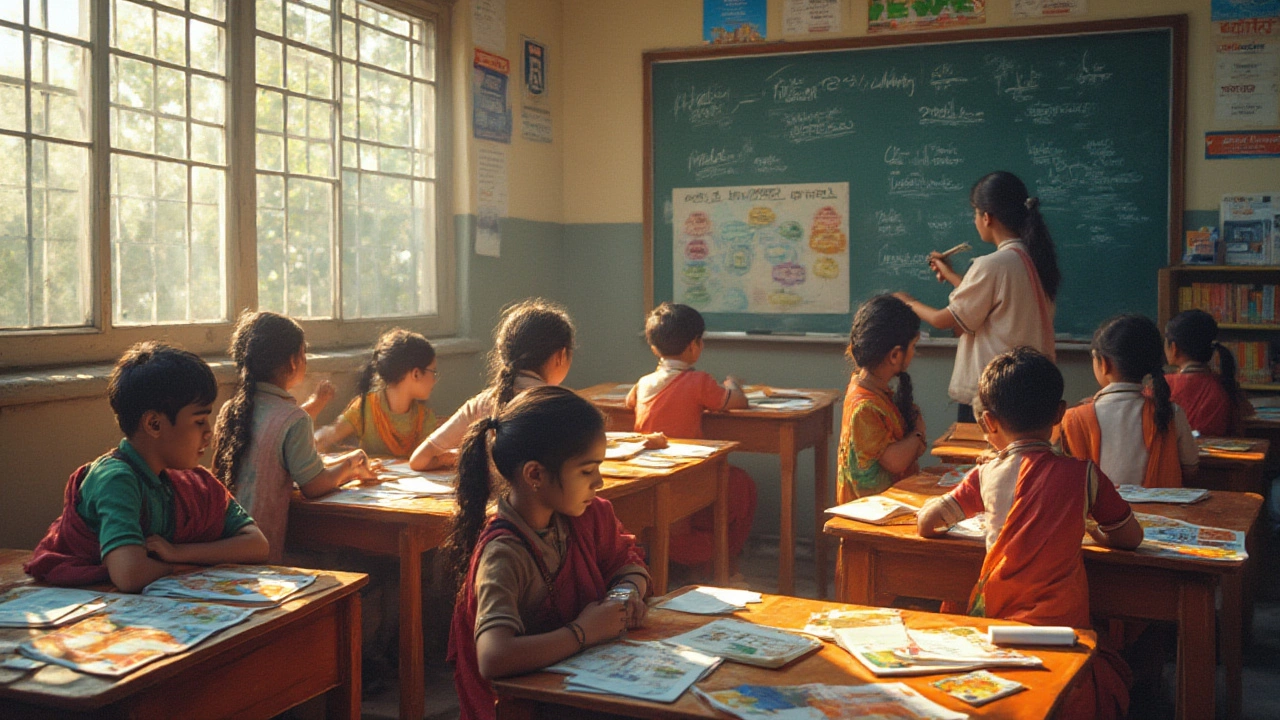

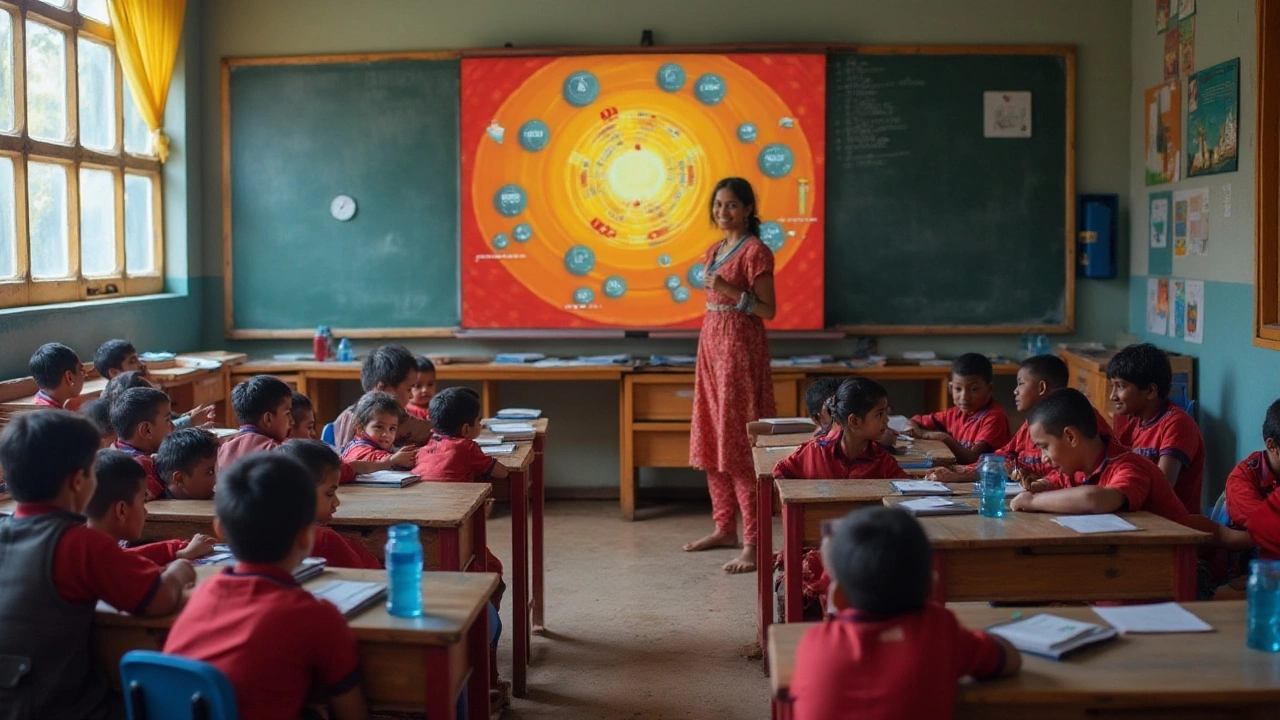

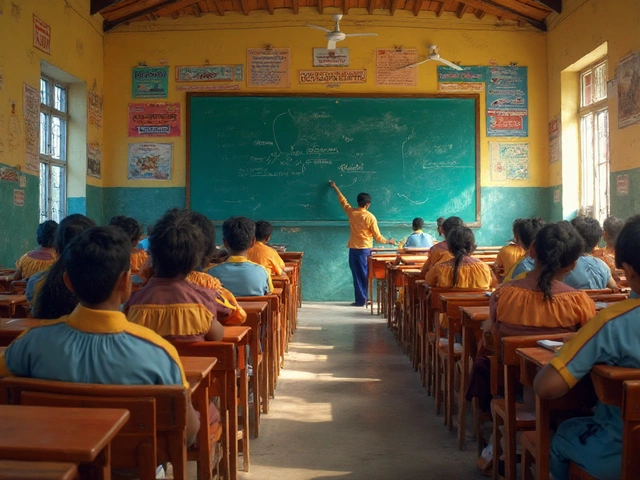
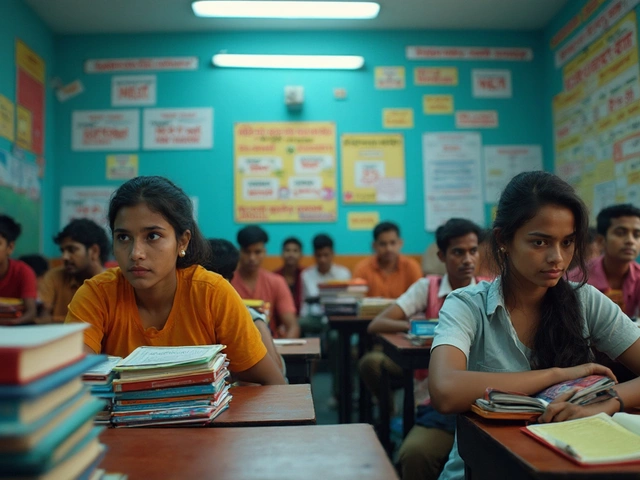
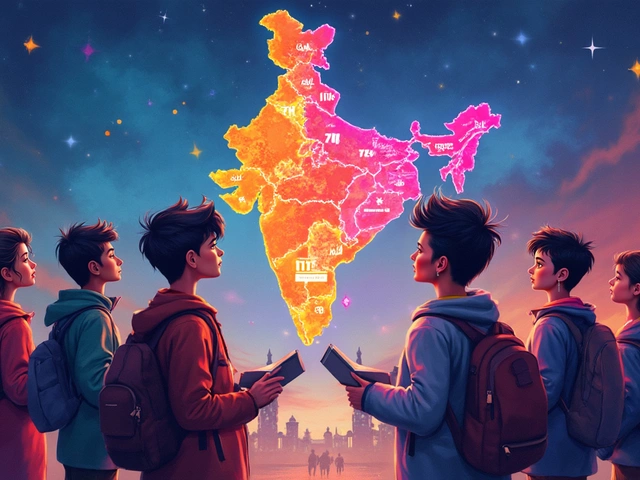
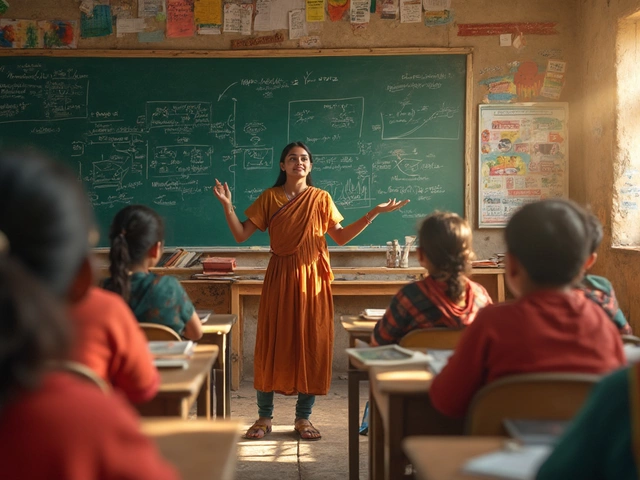

0 Comments